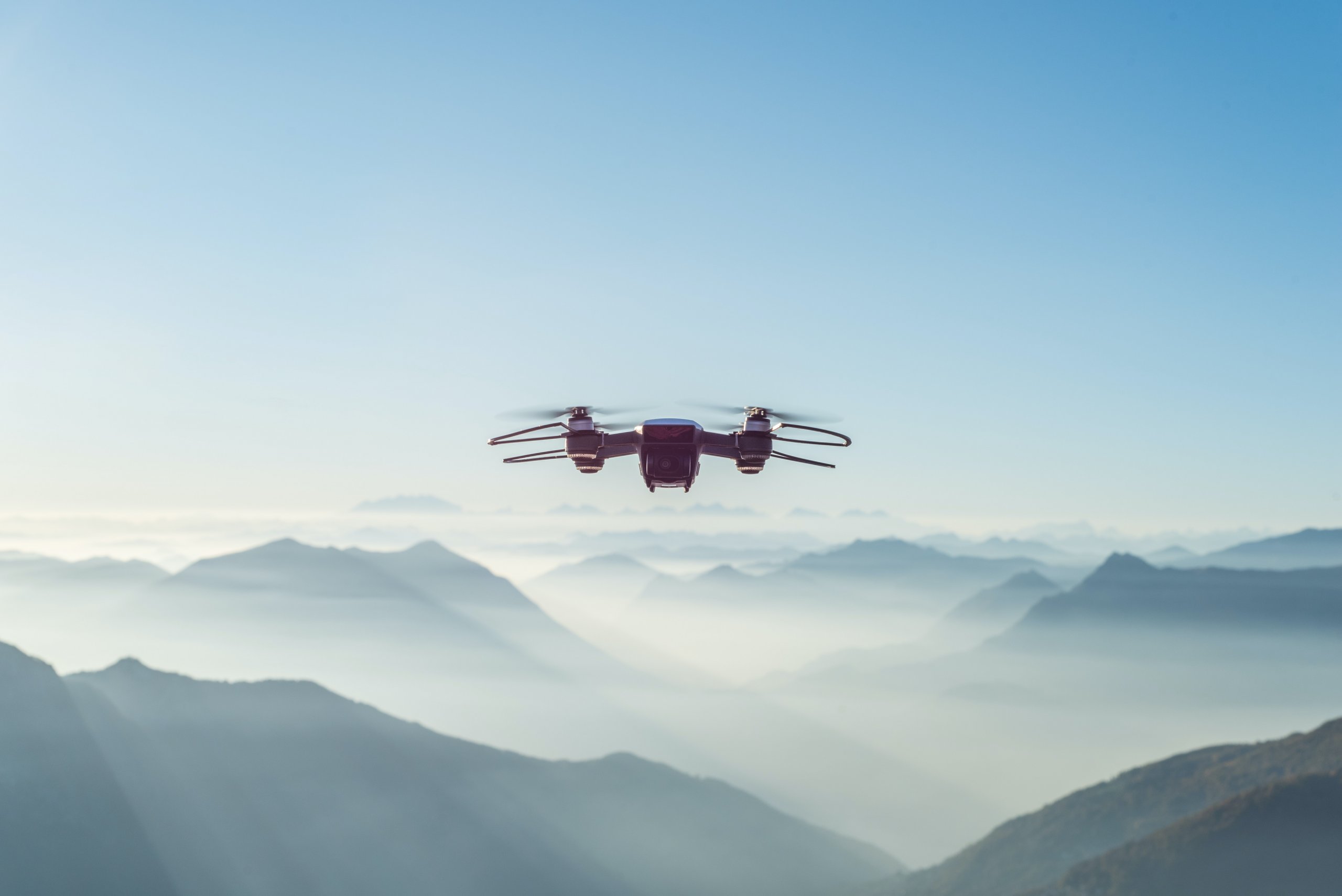
Researchers from Khalifa University have designed a novel approach to enhance security and robustness in communication to unmanned aerial vehicles (UAVs).
Dr. Chan Yeob Yeun and Dr. Hyeran Mun from Khalifa University’s Center for Cyber-Physical Systems collaborated with Kyusuk Han and Malavika Balakrishnan, both from Abu Dhabi’s Technology Innovation Institute, to develop a new security design to improve robustness and security and help avoid UAV collisions. Their work was published in Computers & Security, a top 1% journal.
“UAVs integrate multiple components and a system called Cyphal is used to facilitate robust, real-time, intra-UAV communication between the distributed components of UAVs,” Dr. Yeun said. “Cyphal is designed to support communications over the controller area network (CAN) for UAV environments. However, certain features aren’t recommended for use in critical applications because of potential collision issues. We created a new design to enhance security and avoid collisions.”
Communication technology plays a pivotal role in ensuring seamless operation and integration of various components in UAVs. Central to this is the CAN, a robust and simple framework originally designed for automotive systems. Cyphal is a system designed to facilitate intricate communication networks within UAVs. However, it has the potential for data collision and the original design does not adequately address security issues, which is increasingly vital in the interconnected and potentially vulnerable world of UAVs.
The research team’s design enhancements focus on two critical areas: collision avoidance and device authentication. Their design significantly reduces the risk of collisions in communications, even when the maximum number of modules are connected simultaneously. This enhancement is crucial for maintaining the integrity and reliability of UAV operations, especially in complex or high-stakes environments.
The team’s proposed design also introduces a device authentication protocol which ensures that only authorized devices can connect and communicated within the UAV system, safeguarding against unauthorized access and potential security breaches.
The team hopes their results will not only enhance the existing functionalities of Cyphal but also expand its applicability across various UAV platforms to meet the challenges of an increasingly complex and security-conscious aerospace sector.
Jade Sterling
Science Writer
17 January 2024






